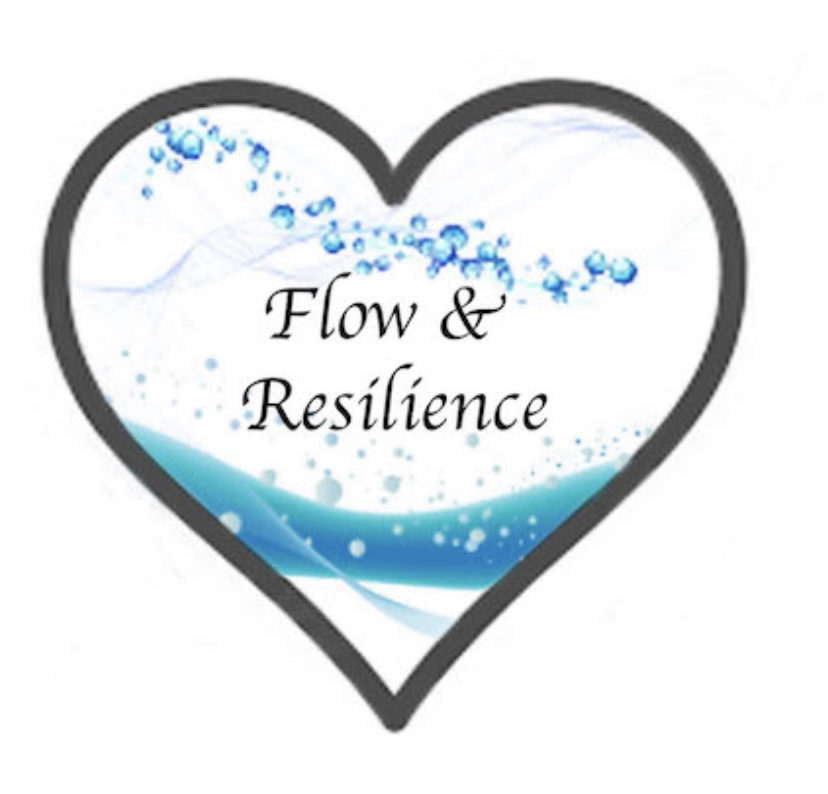Setting and maintaining boundaries is essential for personal and professional growth. These boundaries shape how we interact with others, manage our time, and influence how others treat us. But establishing boundaries can be challenging, especially when you're unsure where to begin. By setting clear boundaries, you can create space, clarity, and a sense of control in your life without feeling overwhelmed and stressed. In this blog post, we'll explore practical strategies for setting personal and professional boundaries, managing emotional triggers, and dealing with those who disregard them.
Boundaries are limits or conditions that define who we are as individuals and what we are comfortable with in certain situations. They can be physical, emotional, or mental, and they play a crucial role in preventing others from encroaching on our lives without permission. When these boundaries are crossed, conflicts arise, and our lives become imbalanced. In a professional setting, boundaries define an employee's responsibilities, the limits of workplace communication, and relationships with colleagues and superiors.
Establishing and maintaining boundaries are fundamental to maintaining emotional well-being, cultivating effective communication, and preserving personal and professional balance. Personal boundaries help prioritize our needs, time, and energy, while professional boundaries ensure that we deliver high-quality work while keeping our personal lives separate. Failure to establish these boundaries can result in being taken advantage of, burnout, and a loss of focus and motivation.
Recognizing and managing emotional triggers is crucial for asserting and maintaining boundaries. Identifying arguments, criticisms, or past unpleasant experiences that can disrupt our boundaries empowers us to respond professionally. Understanding our emotions and reflecting on why something bothers us allows us to respond calmly and thoughtfully, without letting our emotions take over.
While communicating our boundaries, we should anticipate that not everyone will respect them. We may encounter challenging individuals who refuse to acknowledge or respect our personal and professional boundaries. In such situations, it's important to remain calm and practice empathy. Understanding their perspectives while assertively communicating the impact of their behavior on us can help foster a positive resolution.
To begin creating boundaries, first, identify what you want to protect and prioritize. Make a list of your priorities and communicate them. Be prepared to address any doubts or questions and maintain firmness in asserting your boundaries. Patience is key, it's important to remain consistent and committed to your boundaries.
Personal and professional boundaries are essential for personal and professional growth. Building these boundaries step-by-step and effectively communicating them is vital. Remember, setting boundaries is a way of valuing yourself and protecting your well-being. By understanding and managing your emotional triggers and responding assertively, you can establish and maintain boundaries that support your success. So, set your boundaries and continue to strengthen them over time.
